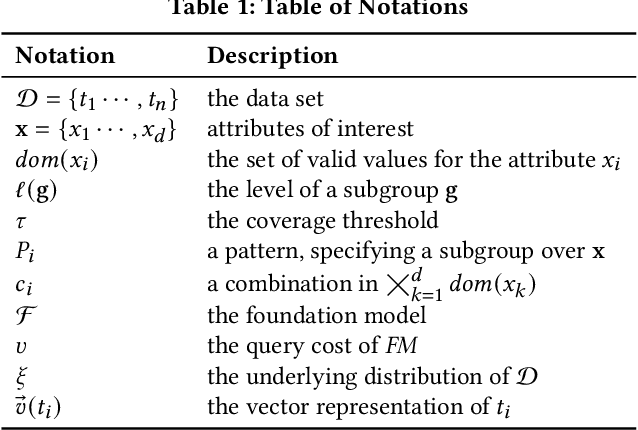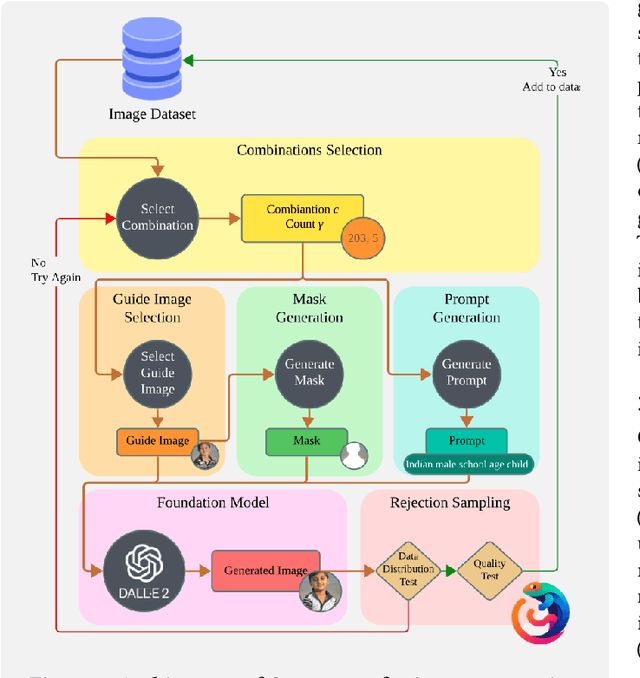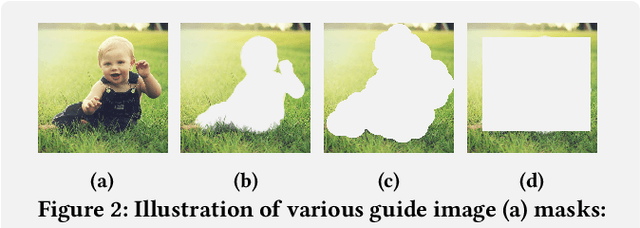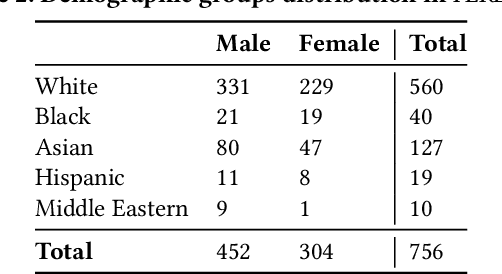Chameleon: Foundation Models for Fairness-aware Multi-modal Data Augmentation to Enhance Coverage of Minorities
Paper and Code
Feb 02, 2024



The potential harms of the under-representation of minorities in training data, particularly in multi-modal settings, is a well-recognized concern. While there has been extensive effort in detecting such under-representation, resolution has remained a challenge. With recent advancements in generative AI, large language models and foundation models have emerged as versatile tools across various domains. In this paper, we propose Chameleon, a system that efficiently utilizes these tools to augment a data set with a minimal addition of synthetically generated tuples, in order to enhance the coverage of the under-represented groups. Our system follows a rejection sampling approach to ensure the generated tuples have a high quality and follow the underlying distribution. In order to minimize the rejection chance of the generated tuples, we propose multiple strategies for providing a guide for the foundation model. Our experiment results, in addition to confirming the efficiency of our proposed algorithms, illustrate the effectiveness of our approach, as the unfairness of the model in a downstream task significantly dropped after data repair using Chameleon.
 Add to Chrome
Add to Chrome Add to Firefox
Add to Firefox Add to Edge
Add to Edge